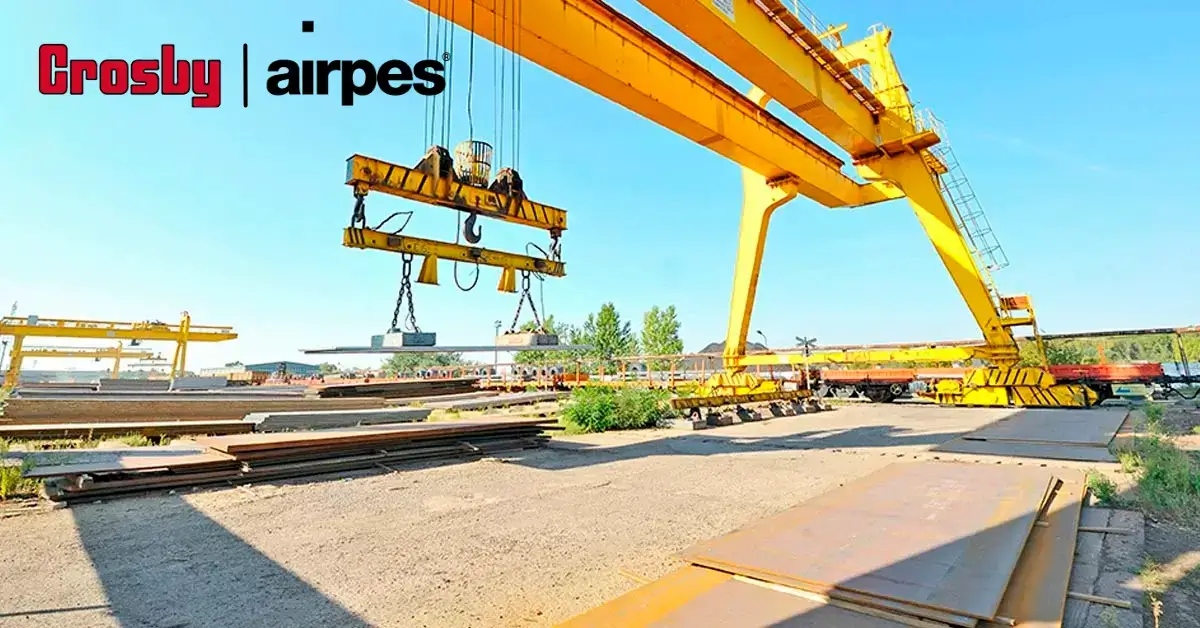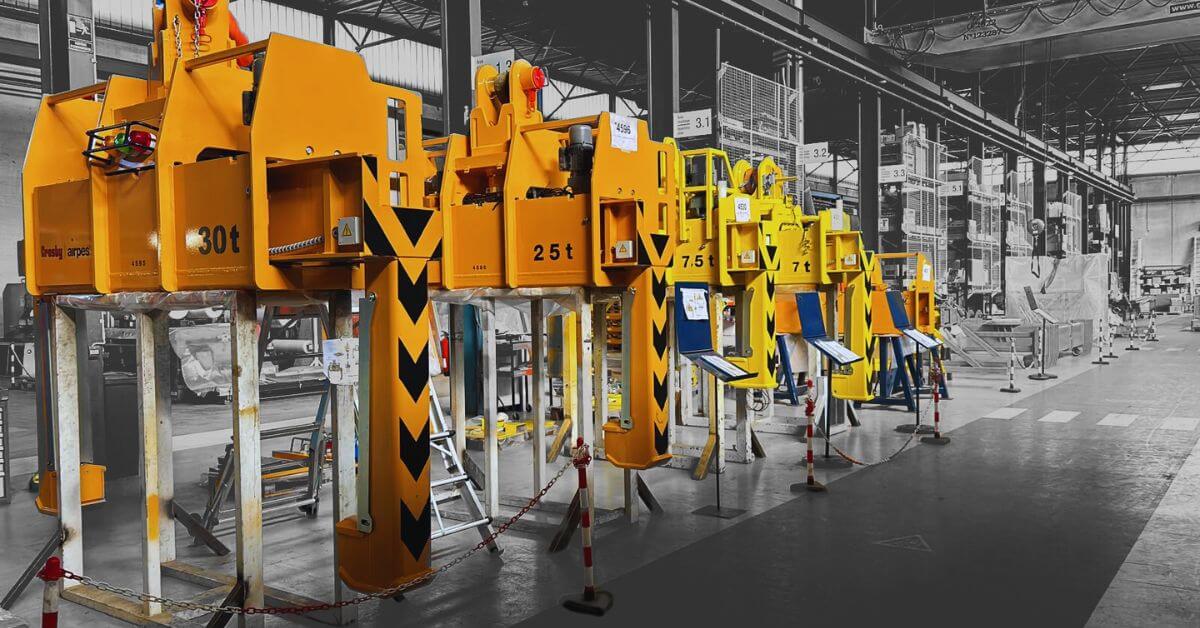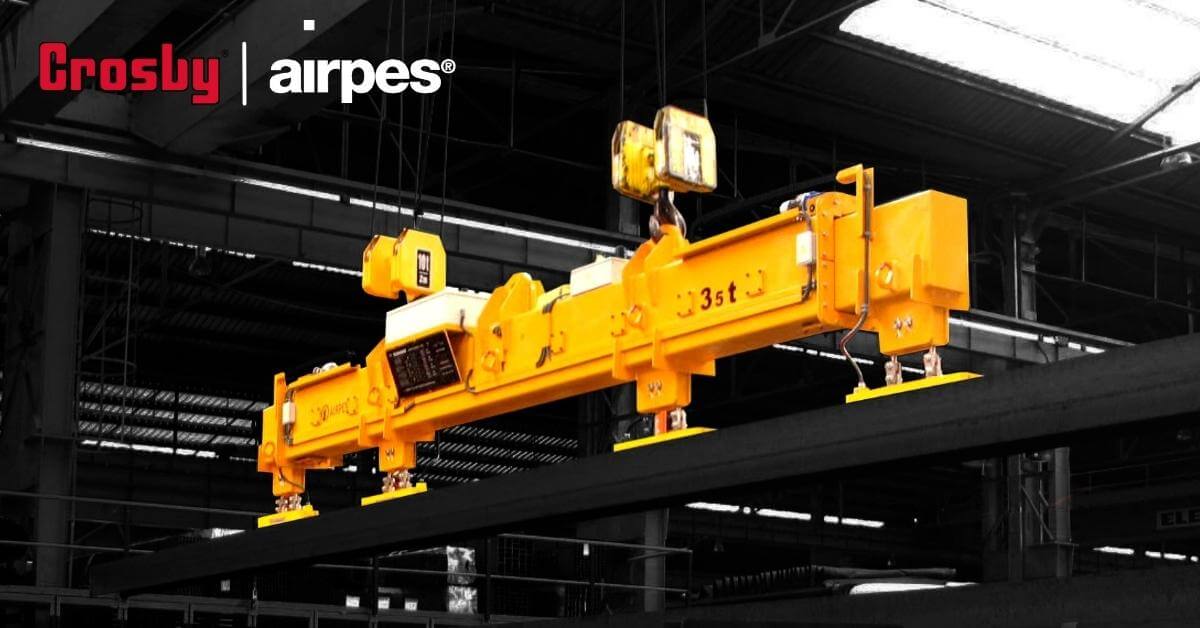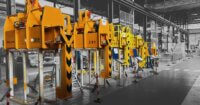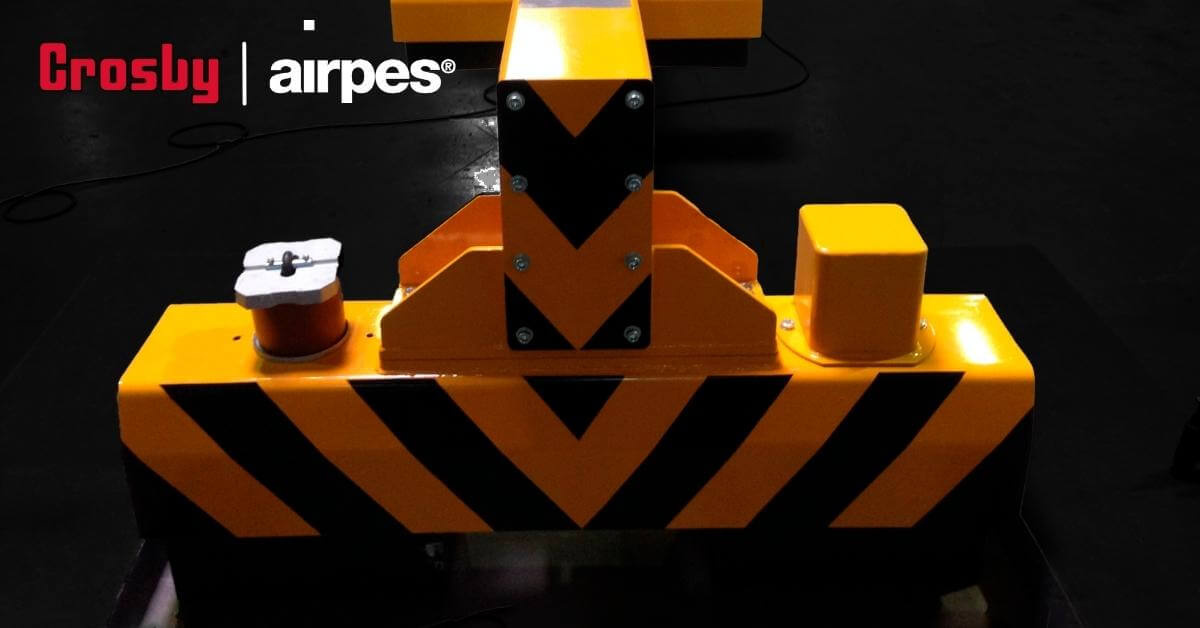
Industrial lifting equipment plays a pivotal role in various industries, ensuring the seamless movement of heavy materials and products. However, the safe and efficient functioning of these machines heavily relies on regular maintenance.
In this article, we will delve into the importance of industrial lifting equipment maintenance, its benefits, common issues, and troubleshooting techniques, as well as the role of technology in this field.
The Importance of Industrial Lifting Equipment
Industrial lifting equipment, such as lifting hooks, lifting magnets or lifting beams, are indispensable tools for modern manufacturing, construction, and warehousing industries. They streamline operations, enhance productivity, and reduce manual labor, making them essential for the smooth functioning of businesses.
Regular maintenance is paramount to keep industrial lifting equipment operating at peak performance and ensuring the safety of personnel and assets.
Ensuring proper maintenance for your lifting equipment
Having a regular maintenance routine is key to avoid any problems in your lifting devices.
In general, the three tasks to have in mind when we talk about lifting equipment maintenance are:
- Regular inspections: scheduled inspections help identify potential issues and allow for timely repairs.
- Lubrication and cleaning: proper lubrication and cleaning of components prevent wear and tear, extending the equipment’s lifespan.
- Repair and replacement of parts: promptly repairing or replacing damaged parts prevents further damage and potential accidents.
Benefits of Regular Maintenance
We should not see the maintenance of the lifting equipment in our company as an extra cost but as an investment into:
- Enhanced safety: well-maintained equipment reduces the risk of accidents and injuries in the workplace.
- Increased equipment lifespan: regular maintenance ensures that lifting equipment lasts longer and performs optimally throughout its lifespan.
- Improved performance and efficiency: properly maintained equipment operates more efficiently, leading to increased productivity.
How do you develop a maintenance schedule?
Developing a well-structured maintenance schedule is crucial for effective equipment upkeep.
At Crosby Airpes we plan all our maintenance programs with three basic things in mind:
- Identifying critical components of the lifting device: identify the most critical components that need regular attention to prevent breakdowns.
- Setting maintenance intervals for the machinery: set specific intervals for inspection, cleaning, and servicing based on manufacturer recommendations.
- Keep record of every interevention: maintaining detailed records of maintenance activities helps track equipment history and plan future services.
Detecting common issues and problems before they become worse: what should you check?
Understanding common problems and troubleshooting them quickly is essential for maintenance personnel in charge of keeping your lifting machinery in shape.
In our experience, the most common issues in any lifting equipment that have an easy fix are the following:
- Strange noises and vibrations: unusual noises or vibrations could indicate underlying issues that require attention.
- Leaks and abnormal fluid levels: leaks and improper fluid levels may affect the equipment’s performance and safety.
- Malfunctioning controls: faulty controls can lead to accidents and should be addressed promptly.
- Overheating: overheating may result from various factors and should be investigated immediately.
- Electrical problems: electrical issues can affect the equipment’s functionality and require expert evaluation.
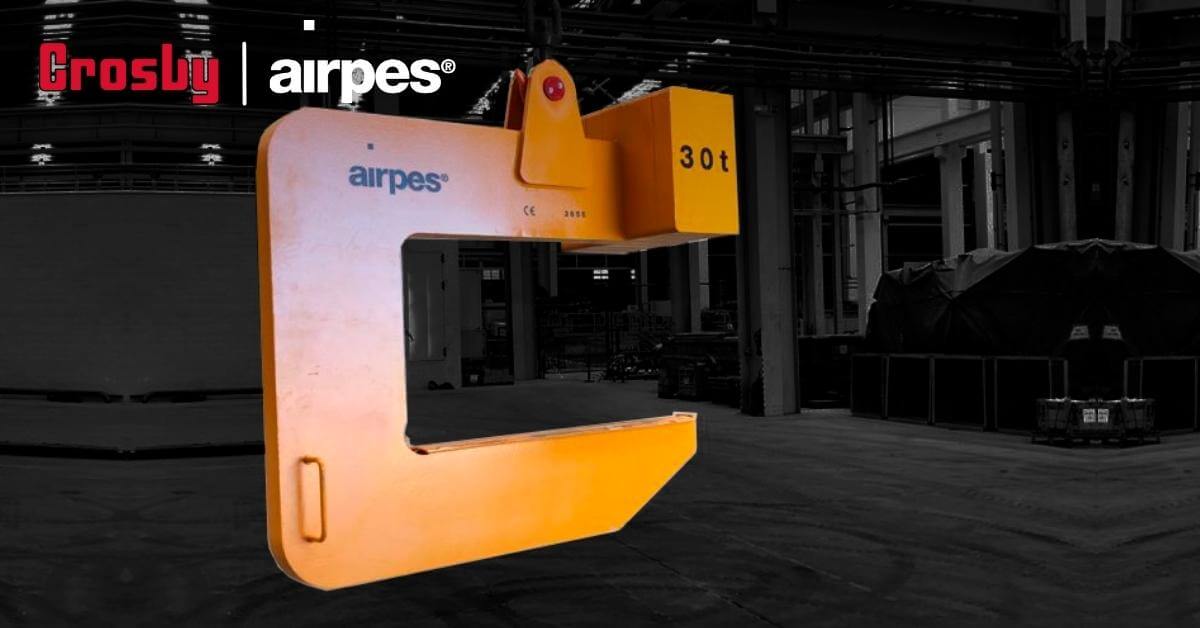
Testing instead of guessing
Being able to test the performance of a lifting equipment and find weak points in the machinery allows you to address the problems even before they appear.
That’s what our lifting equipment test bench is for.
By subjecting the equipment to simulated real-world conditions, the test bench can reveal potential issues that may not be immediately evident during regular usage. Through rigorous testing, any hidden faults or weaknesses in the equipment’s components can be detected and rectified before they escalate into costly breakdowns, bigger maintenance schedules and/or safety hazards.
Moreover, the data obtained from the test bench allows for precise adjustments and fine-tuning, optimizing the machine’s efficiency and functionality.
This proactive approach to testing and maintenance ensures that the lifting equipment operates at its peak performance, prolonging its lifespan and providing a safer and more productive working environment.
Make maintenance an easier task with remote monitoring
Advancements in technology have revolutionized industrial lifting equipment maintenance, offering innovative solutions to improve efficiency and reduce downtime. IoT and predictive maintenance enables real-time monitoring of equipment, allowing for predictive maintenance based on data analysis and trends. As well, this same technology allows you to install, in a very simple way, a remote monitoring system that allows maintenance teams to track equipment’s health and performance from a centralized location (computer, app…).
Discover more about our remote control and monitoring solutions for lifting equipment.
Crosby Airpes is your most reliable lifting equipment maintenance provider
Choosing the right maintenance service provider is crucial to ensure the equipment receives top-notch care. Crosby Airpes has the experience and expertise to take care of any kind of lifting equipment.
We are designers, installers, certifiers and we offer courses to get the most out of your lifting system.
- Your lifting device needs a service? We can do it
- Your team needs specific training for a new machinery? We can teach them
- Do you need a certification for your installation? We can get it for you

